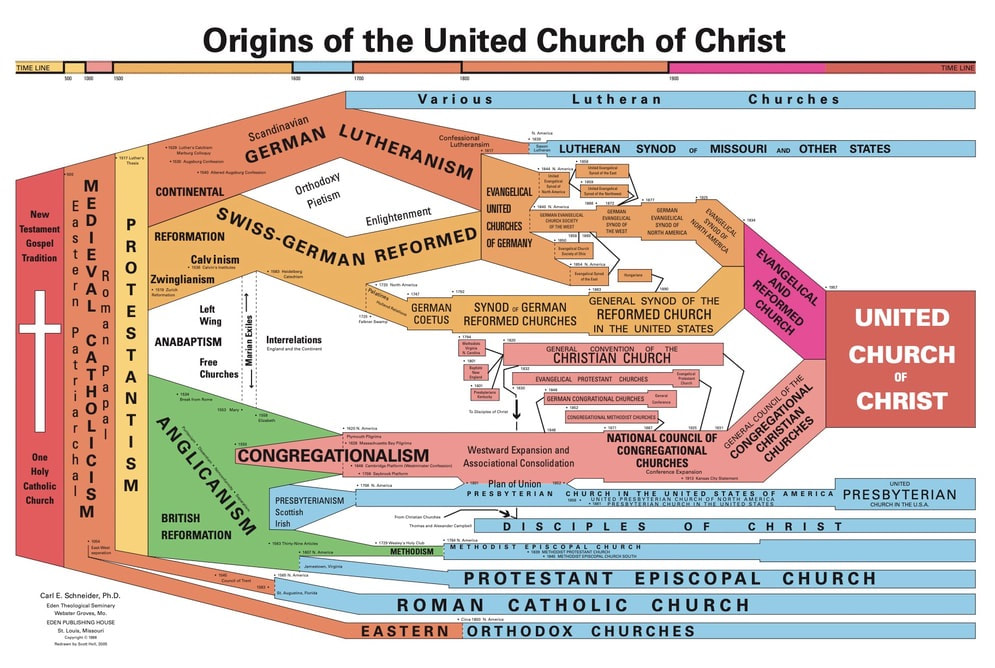SLO4
Students will demonstrate the ability to reflect
critically and self-critically on relationships between
Christian faith and various forms of systemic injustice.
critically and self-critically on relationships between
Christian faith and various forms of systemic injustice.
